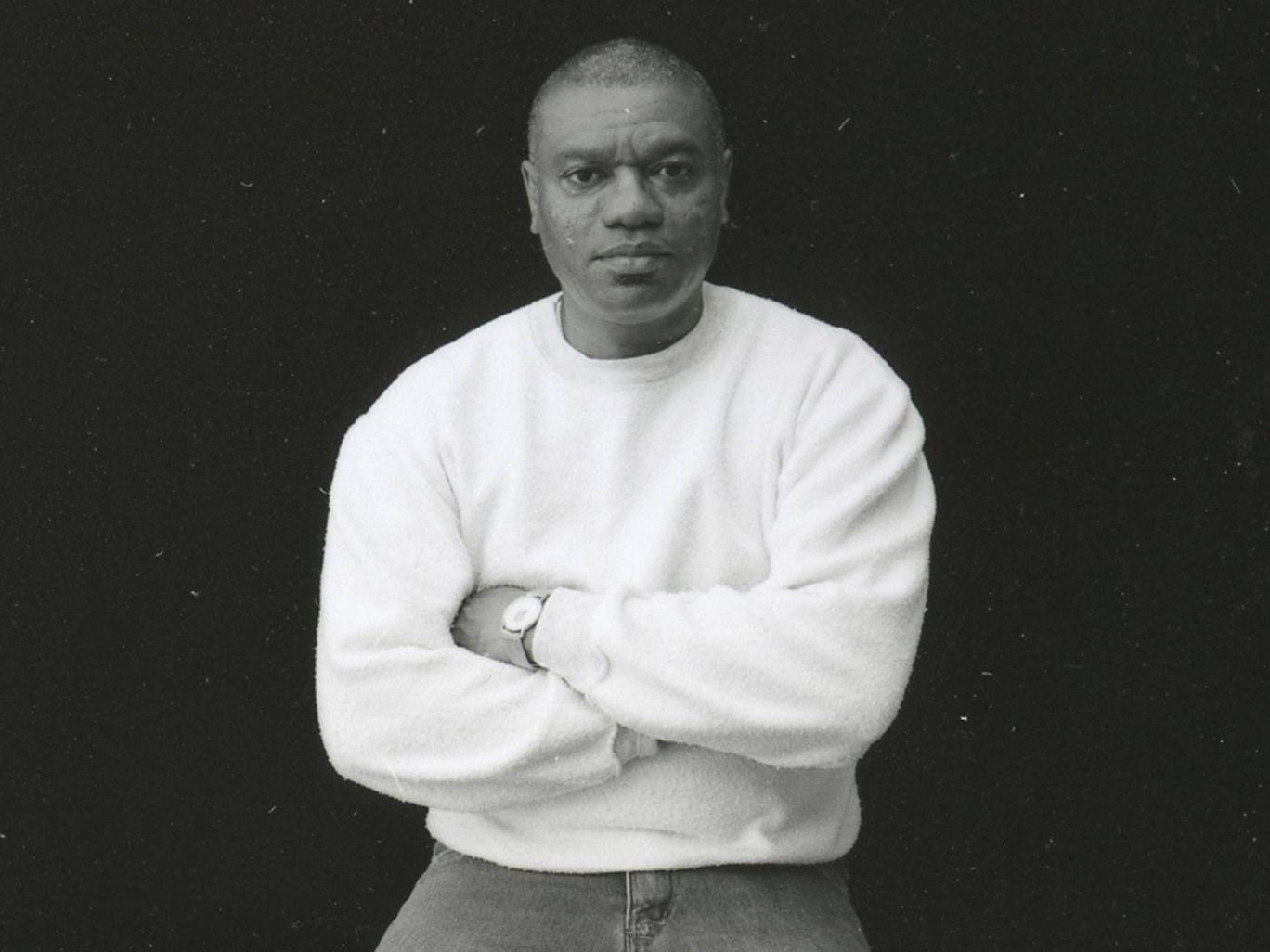A Louisiana man who has spent nearly 50 years in prison is expected to be released Wednesday, about two weeks after a judge overturned his conviction in the kidnapping and rape of a nurse.
Wilbert Jones didn’t show any visible reaction when State District Court Judge Richard Anderson set his bail Tuesday at a mere $2,000. The judge previously said the case against Jones was “weak, at best” and that authorities withheld evidence that could have exonerated Jones decades ago.
Jones’ family members embraced one another and fought back tears outside the courtroom. Jones’ niece Wajeedah Jones said she already knew what her uncle’s first request would be.
“We will have the gumbo ready for him when he gets out,” she said.
Prosecutors said they will ask the Louisiana Supreme Court to review the judge’s decision, but they do not intend to retry Jones.
Jones, now 65, was 19 when police arrested him on suspicion of abducting a nurse at gunpoint from a Baton Rouge hospital’s parking lot and raping her behind a building on the night of 2 October 1971. Jones was convicted of aggravated rape at a 1974 retrial and sentenced to life in prison without the possibility of parole.
“The community has changed so much since he was locked up,” said prison warden Timothy Hooper, who testified in favour of Jones’ release because he said he was a model inmate.
The state’s case against Jones “rested entirely” on the nurse’s testimony and her “questionable identification” of Jones as her assailant, the judge has said. The nurse, who died in 2008, picked Jones out of a police lineup more than three months after the rape. But she also told police that the man who raped her was taller and had a “much rougher” voice than Jones had.
Jones’ lawyers claim the nurse’s description matches a man who was arrested but never charged in the rape of a woman abducted from the parking lot of another Baton Rouge hospital, 27 days after the nurse’s attack. The same man also was arrested on suspicion of raping yet another woman in 1973, but was only charged and convicted of armed robbery in that case.
Anderson said the evidence shows police knew of the similarities between that man and the nurse’s description of her attacker.
“Nevertheless, the state failed to provide this information to the defence,” he wrote.
Prosecutors denied that authorities withheld any relevant evidence about other Baton Rouge rapists.
“The state was not obligated to document for the defence every rape or abduction that occurred in Baton Rouge from 1971 to 1974,” prosecutors wrote in February.
Jones’ attorneys from Innocence Project New Orleans describe him as a “highly trusted prisoner and a frail, ageing man” who doesn’t pose a danger to the community. The late nurse’s husband isn’t opposed to his release, they wrote in a court filing.
“He feels that Mr. Jones has been in prison long enough and that he should be able to get out and spend his remaining years with his family,” the lawyers wrote.
Jones’ attorneys also said that a prosecutor who secured his conviction had a track record of withholding evidence favourable to defendants. A 1974 opinion by a state Supreme Court justice said the prosecutor was responsible for 11 reversed convictions over the preceding year — “an incredible statistic for a single prosecutor,” the justices noted.
Jones’ attorney Emily Maw choked up while talking about the case, which the Innocence Project started working on about 15 years ago.
“It takes a long time sometimes for courts to recognize a wrong,” she said.
Source: AP



